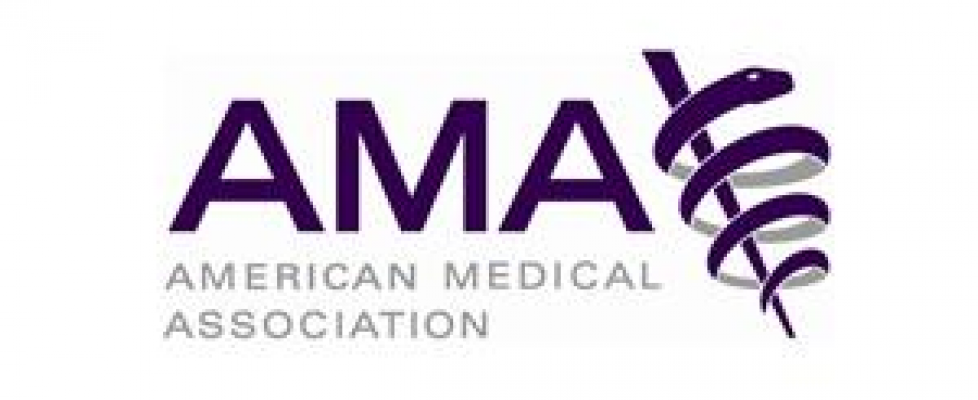Federal law cripples telehealth in Medicare. New bill changes that.
What’s the news: A bipartisan Senate bill unveiled last week would make it easier for patients enrolled in Medicare to receive telehealth services from physicians.
Digital health that counts
The AMA is spearheading initiatives that put physicians at the center of digital health innovation. See how you can get involved.
The AMA is joining more than 100 other organizations in endorsing the bill, the Creating Opportunities Now for Necessary and Effective Care Technologies (CONNECT) Health Act of 2019. The legislation was introduced by Sens. Brian Schatz, D-Hawaii, Roger Wicker, R-Miss., Ben Cardin, D-Md., John Thune, R-S.D., Mark Warner, D-Va., and Cindy Hyde-Smith, R-Miss.
Why it matters for patients and physicians: There are statutory restrictions such as geographic and originating-site requirements that allow Medicare patients to get telehealth services only if they live in certain rural areas or get care from particular clinical sites. These restrictions create barriers and have contributed to the relatively low use of telehealth in Medicare, with just 0.25% of Medicare patients taking advantage of telehealth services.
“This legislation would benefit patients by removing antiquated restrictions in the Medicare program that prevent physicians from using widely available medical technology that has become commonplace in the past decade. Increased access to telehealth is urgently needed to help meet the health needs of the swiftly changing demographics of our senior population,” said AMA President Patrice A. Harris, MD, MA.
“The CONNECT for Health Act’s expansion of telehealth coverage in the Medicare program also will spur increased investment and innovation in delivery redesign to benefit all patients.
- According to a bill summary provided by its authors, among other things the legislation would:
- Give the Health and Human Services Secretary authority to waive telehealth restrictions when certain criteria are met.
- Remove geographic restrictions and adds the home as an originating site for mental health services.
- Remove geographic restrictions on certain originating sites for emergency medical care services.
- Require the Centers for Medicare & Medicaid Services’ process to add telehealth services to better consider how telehealth can improve access to care.
- Remove geographic restrictions on federally qualified health centers (FQHCs) and rural health clinics
- (RHCs) and allows FQHCs and RHCs to furnish telehealth services as distant sites.
- Remove the geographic and originating-site restrictions for facilities of the Indian Health Service or Native Hawaiian Health Care Systems.
- Allow for the waiver of telehealth restrictions during national and public health emergencies.
- Allow for the use of telehealth in the recertification of a beneficiary for the hospice benefit.
- Clarify that the provision of technologies to a Medicare beneficiary for the purpose of furnishing services using technology is not considered “remuneration” under fraud and abuse laws.
Some provisions of an earlier version of the bill were incorporated into the 2018 Bipartisan Budget Act, such as removing geographic restrictions for telehealth services relating to end-stage renal disease and stroke care.

